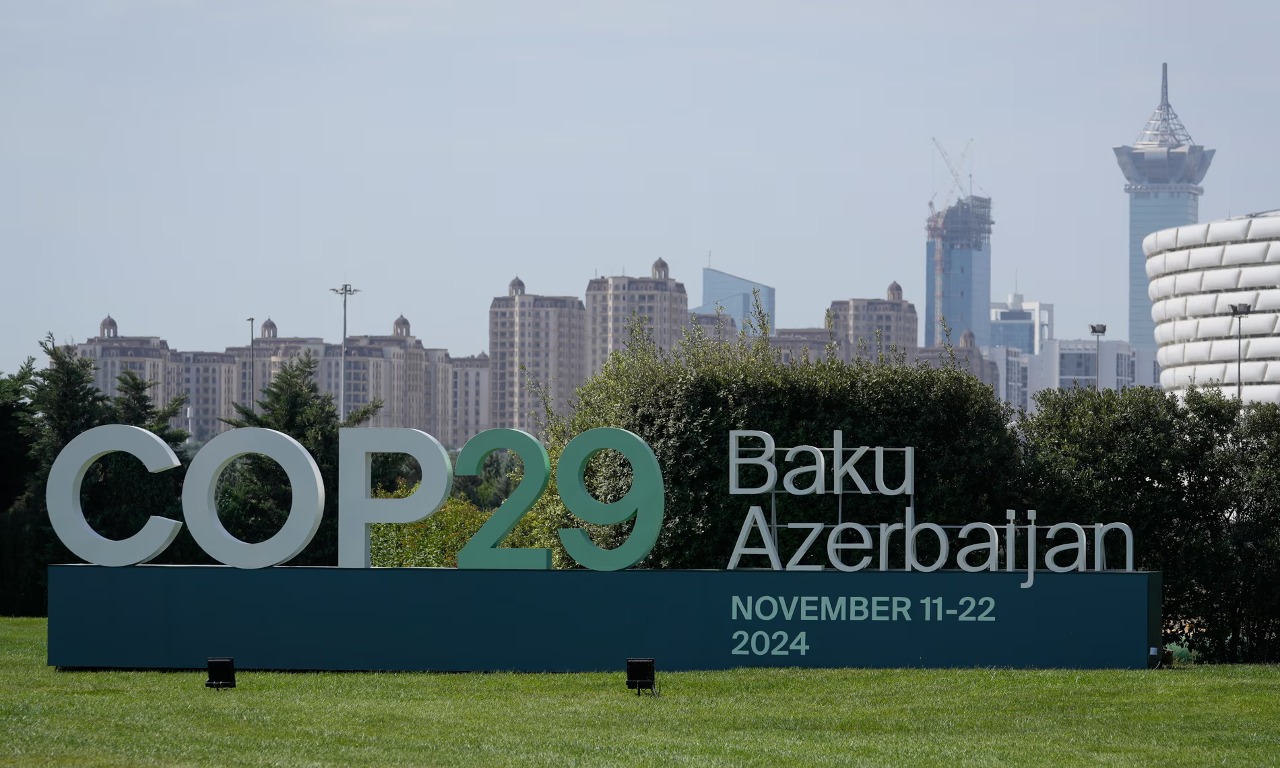
Reuters: Azerbaijan has sent an invitation to the Taliban to attend COP29, although the UN does not recognize their authority
Afghan Taliban officials will attend a major U.N. climate conference that starts next week in Baku, Reuters writes, citing the Afghan Foreign Ministry.
The COP29 climate summit in Azerbaijan’s capital Baku will be among the highest-profile multilateral events attended by Taliban administration officials since they took control in Kabul after 20 years of fighting NATO-backed forces. The U.N. has not allowed the Taliban to take up Afghanistan’s seat at the General Assembly, and Afghanistan’s government is not formally recognized by U.N. member states, largely due to the Taliban’s restrictions on women’s education and freedom of movement.
Afghan Foreign Ministry spokesman Abdul Qahar Balkhi said officials from the National Environmental Protection Agency had arrived in Azerbaijan to attend the COP conference. Host Azerbaijan invited the Afghan environment agency officials to COP29 as observers, enabling them to “potentially participate in periphery discussions and potentially hold bilateral meetings,” a diplomatic source familiar with the matter told Reuters. Because the Taliban are not formally recognized within the U.N. system as the legitimate government of Afghanistan, the source said, the officials cannot receive credentials to take part in the proceedings of full member states.
Azerbaijan’s COP29 presidency declined to comment. The Taliban has closed schools and universities to female students over the age of around 12.
It also announced a set of wide-ranging morality laws this year that require women to cover their faces in public and restrict their travel outside the home without a male guardian. The Taliban says it respects women’s rights in accordance with its interpretation of Islamic law. Afghanistan is considered one of the countries worst affected by climate change. Flash floods have killed hundreds this year, and the heavily agriculture-dependent country has suffered through one of the worst droughts in decades. Many subsistence farmers, who make up much of the population, face deepening food insecurity.


